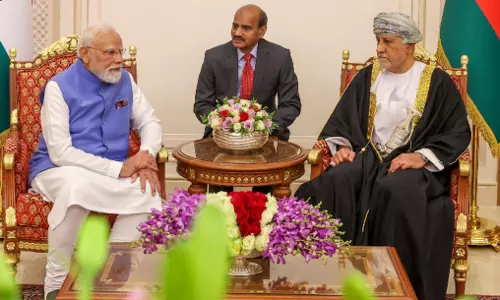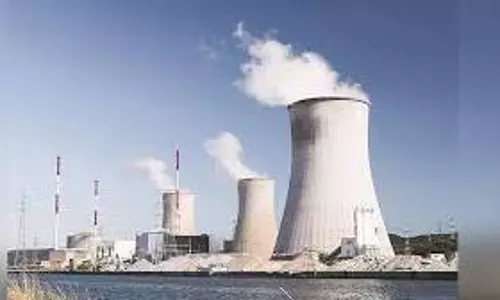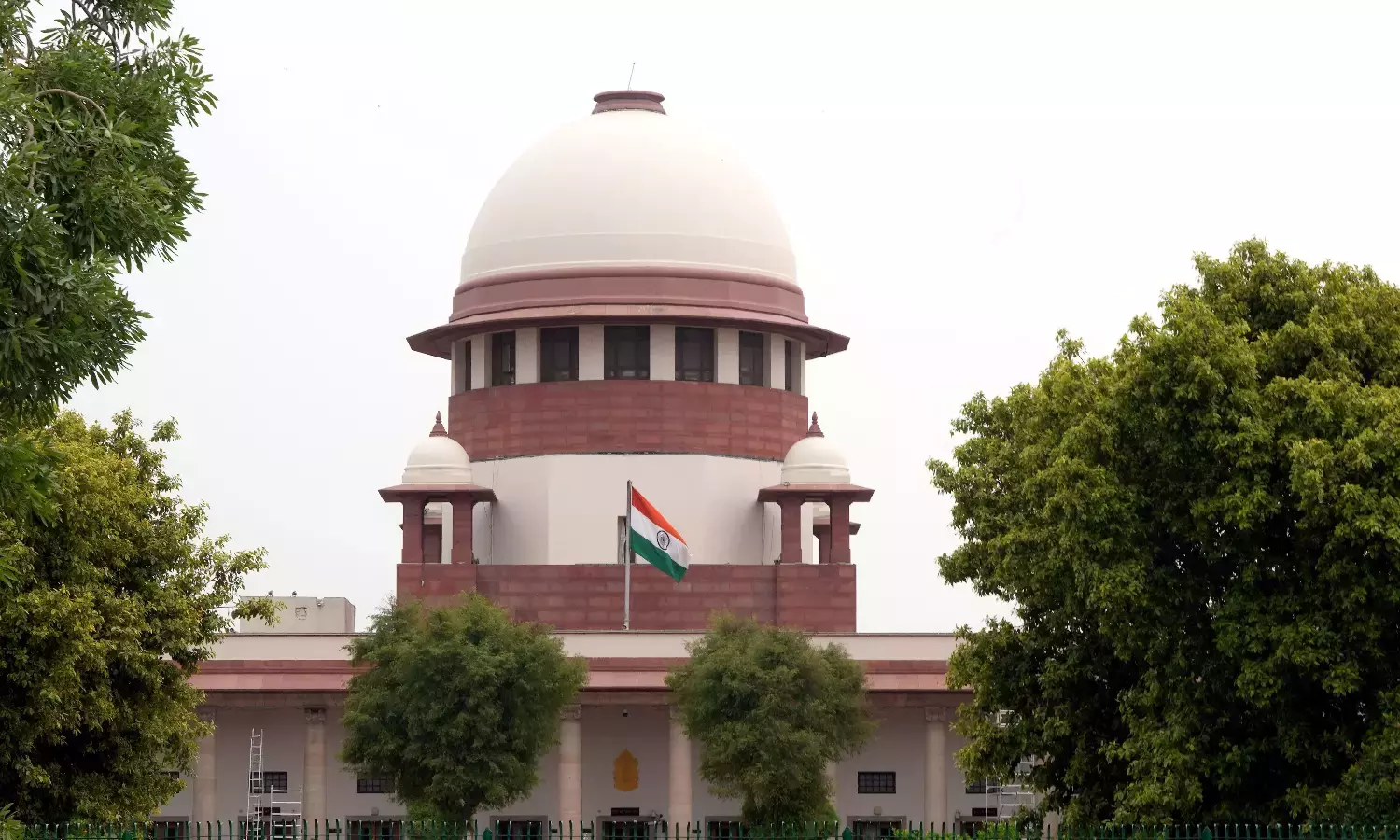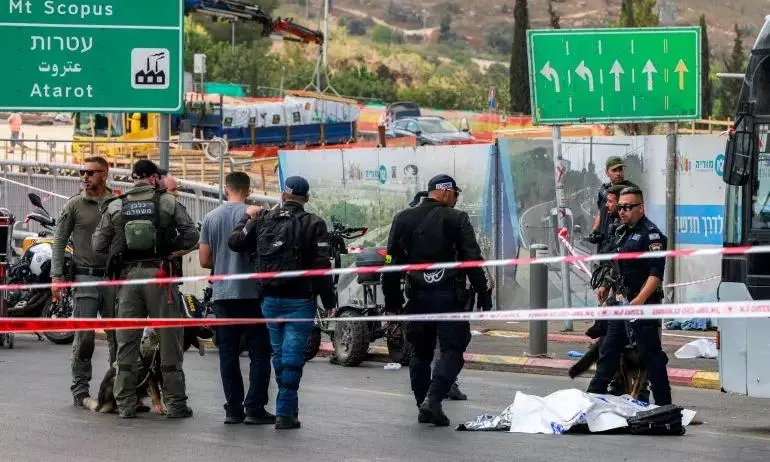
Six Israelis killed in Jerusalem shooting, Netanyahu skips corruption trial due to security
text_fieldsSix people were killed and at least twelve others were injured in a shooting attack on Monday morning near the settlement of Ramot in occupied East Jerusalem, which is deemed illegal under international law, and Palestinian groups Hamas and Islamic Jihad did not claim responsibility for the attack, although both praised it as a response to Israeli actions in Gaza and the West Bank.
Prime Minister Benjamin Netanyahu cancelled his scheduled court appearance in a corruption trial, citing the ongoing security situation, and he visited the scene alongside far-right Security Minister Itamar Ben-Gvir as operations intensified in the surrounding areas.
Israeli police described the incident as a suspected terror attack, and they confirmed that two perpetrators were killed shortly after the assault, as a security officer and a civilian opened fire in response and the attackers had arrived in a vehicle and targeted a bus station, according to Al Jazeera.
Following the shooting, Israeli forces closed all checkpoints between occupied East Jerusalem and the West Bank, and sources said the gunmen likely came from the occupied territory, while the Israeli Army imposed a military cordon on four Palestinian villages near Jerusalem—Qatana, Biddu, Beit Inan, and Beit Duqu—and conducted raids in search of potential accomplices.
The military reinforced its presence across the wider Jerusalem area, and reports indicated that one of the attackers had disguised himself as a bus ticket inspector before opening fire, while the shooting marked the deadliest incident in the city since November 2023, and authorities acknowledged the challenge of responding to such a coordinated assault.
Analysts suggested the attack most likely originated from the West Bank rather than being directed by Hamas in Gaza. They noted that Palestinian armed groups described it as a legitimate response to Israeli actions in the Palestinian territories. At the same time, commentators argued that the political conditions imposed on Palestinians have left little space for non-violent action, with Israel having weakened the Palestinian Authority and limited prospects for a viable political process.
Internal Palestinian divisions have also contributed to the deadlock, but analysts emphasised that Israel, as the stronger party, bears the larger share of responsibility, and the continued expansion of settlements, restrictions on leadership, and military measures have all compounded the risk of further violence.
























